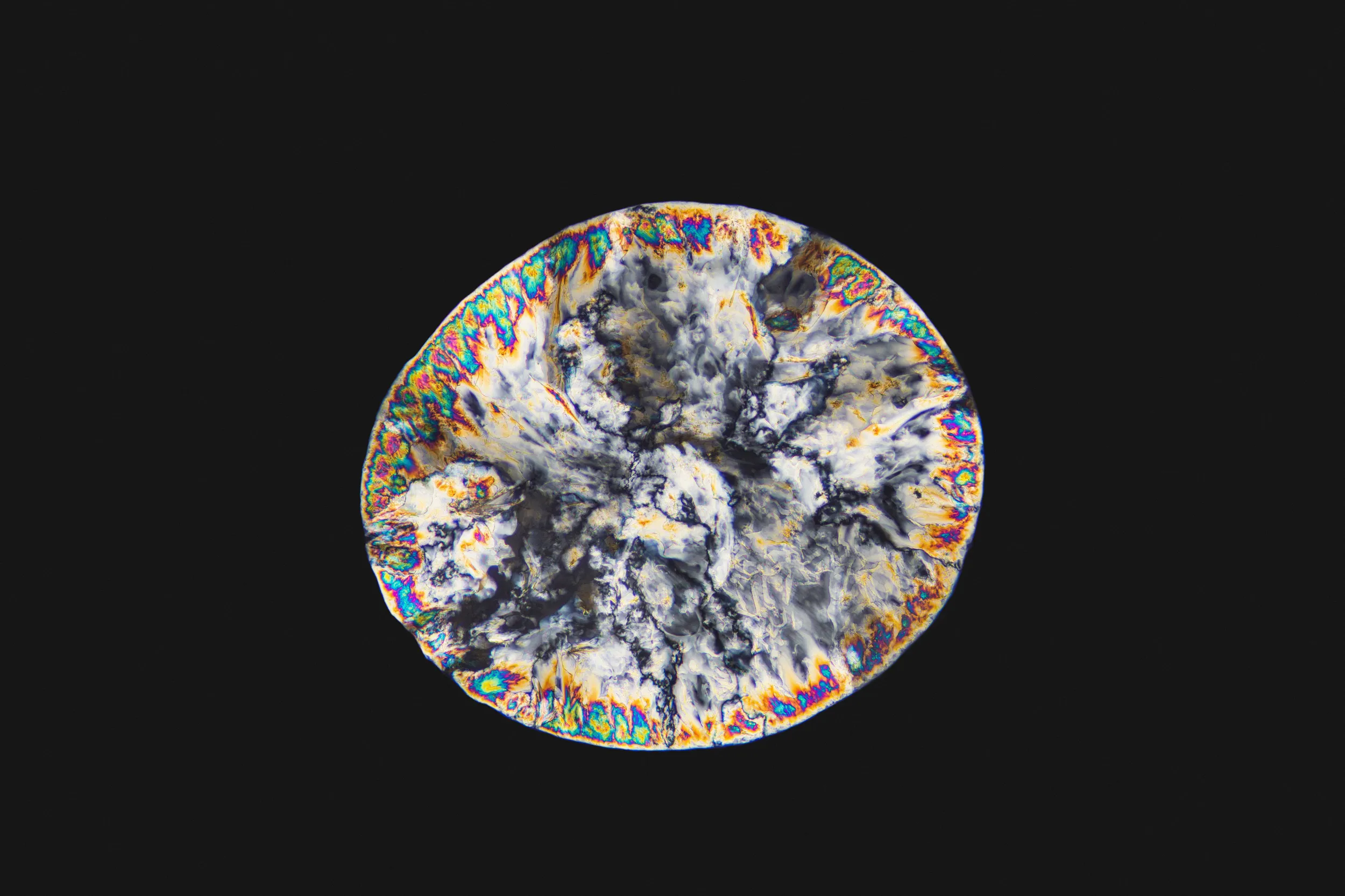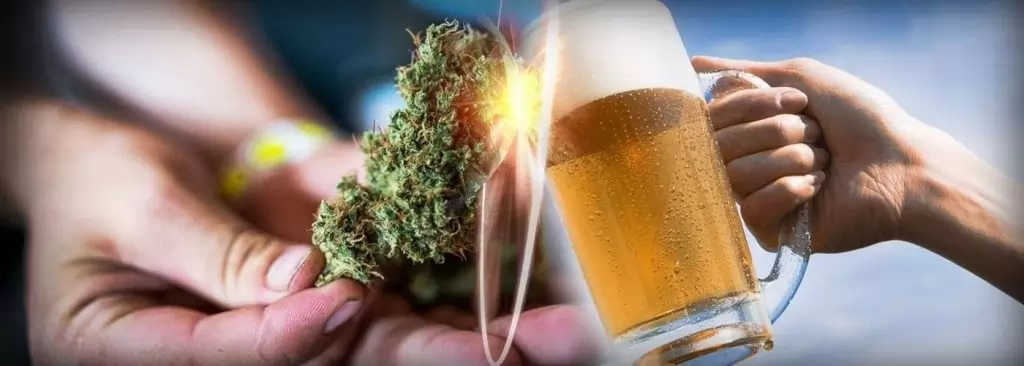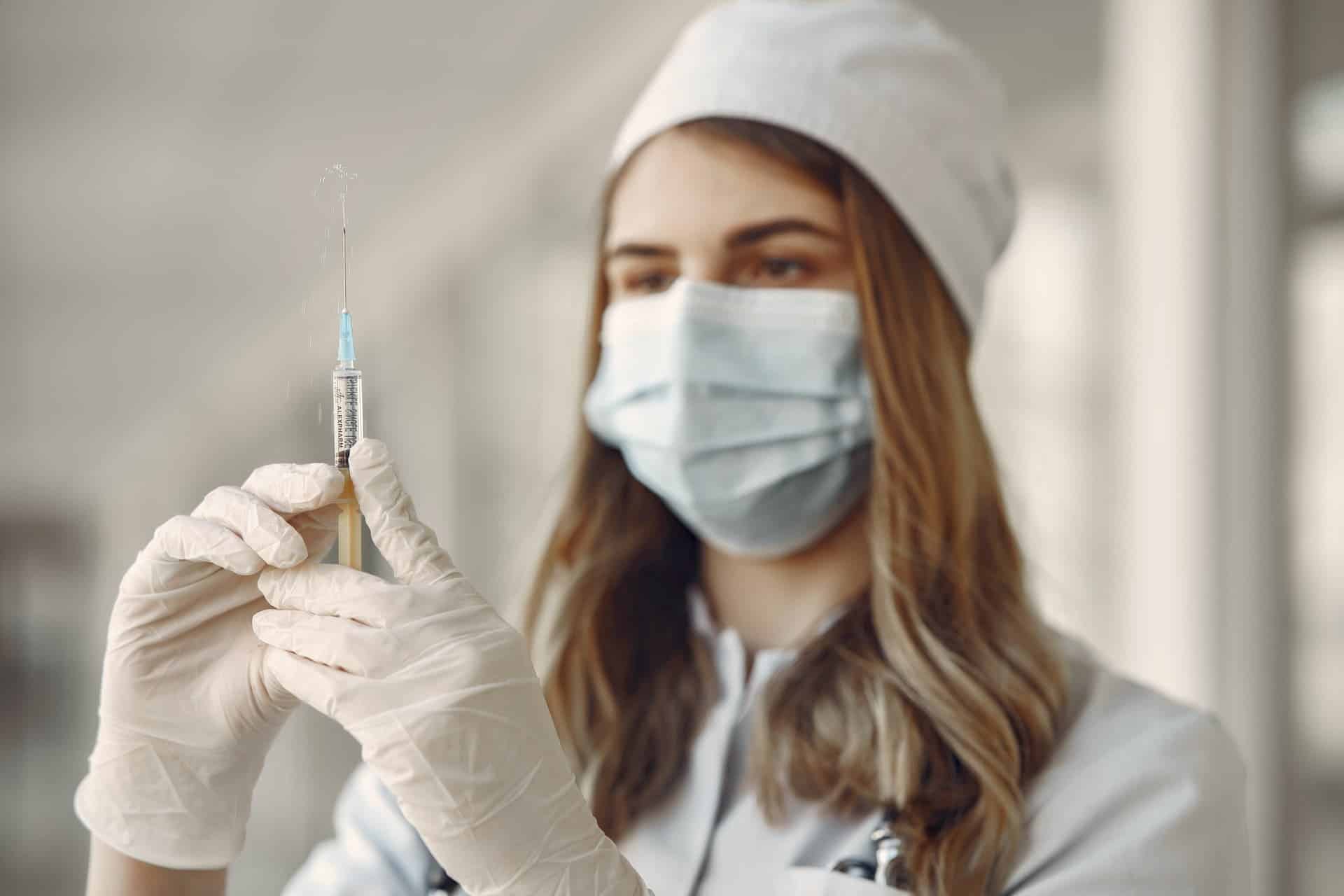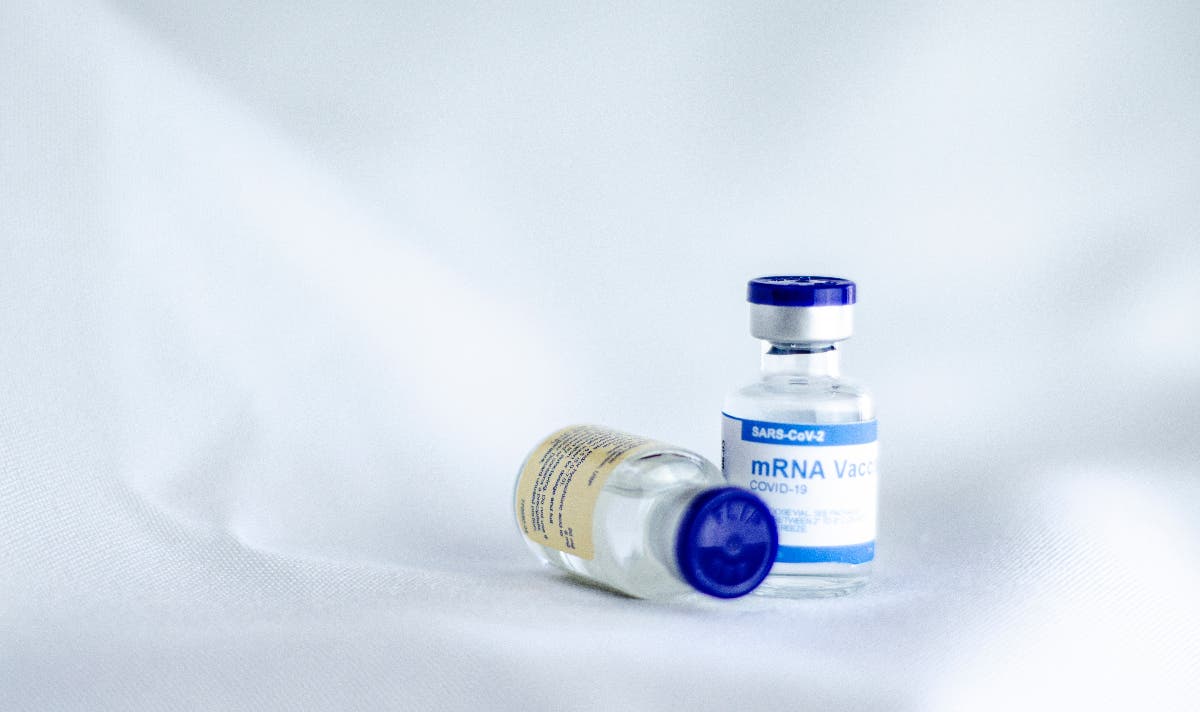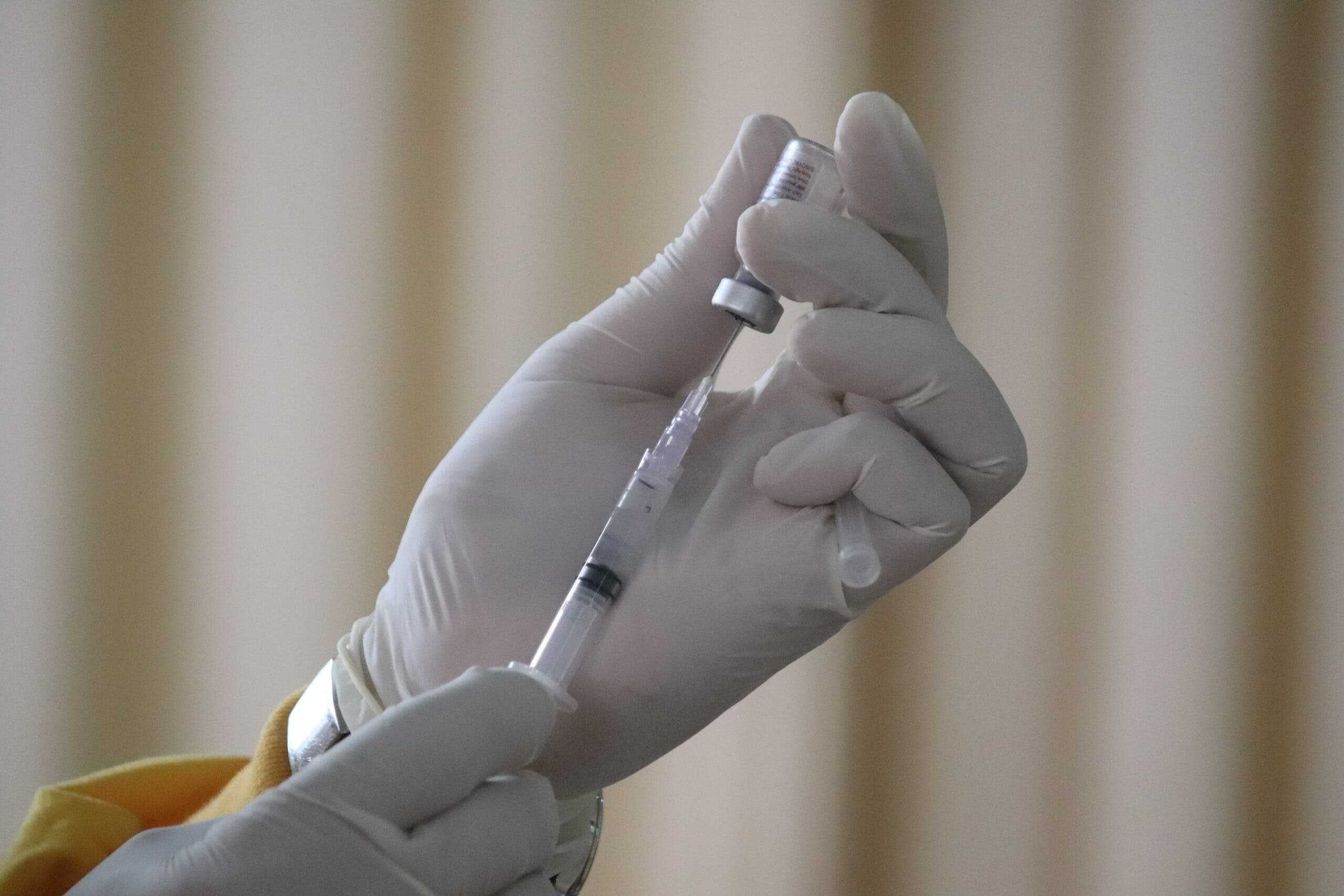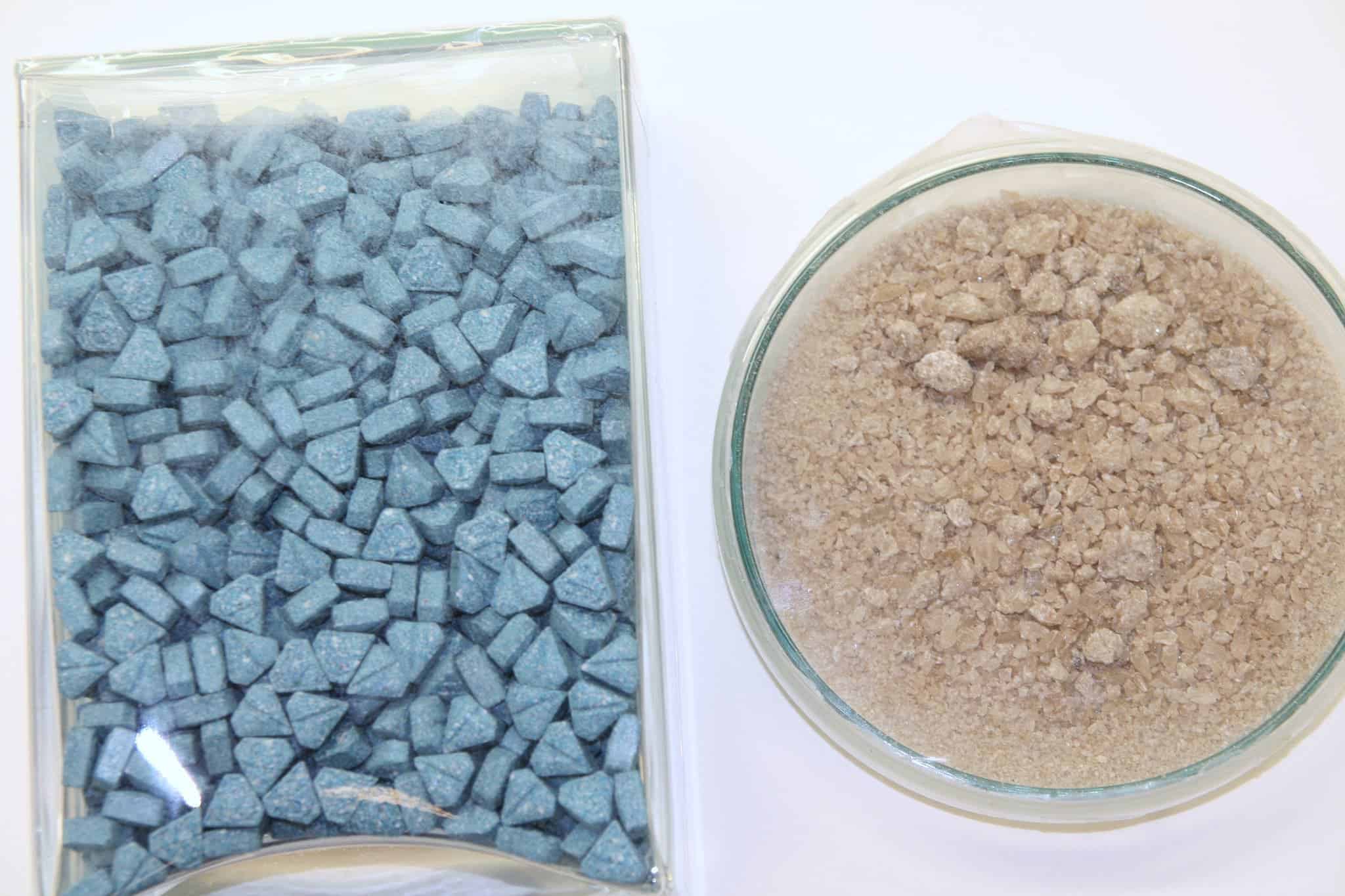Nootropics are drugs that have a stimulating effect on our minds and brains. They’re meant to improve our cognitive abilities in various ways. On the face of it, that sounds awesome; who doesn’t want to get smarter by taking a pill? But many drugs touted with having a nootropic effect have no evidence to show for it. Some are complete swindles.

All of this doesn’t help give nootropics, which are a genuine category of drugs, a good name. Despite the undeniable appeal of being referred to as ‘cognitive enhancers’.
Today, we’re going to take a look at what nootropics are, talk about a few that we know are genuine, their effects, and some of the controversy around this subject.
So what are they?
The term was coined in 1972 by Romanian-born chemist and psychologist Corneliu Giurgea. At the time, he stated that to qualify as a nootropic, a compound should do the following:
- Improve learning and memory.
- Make learned behaviors or memories more resilient in the face of factors or conditions that disrupt them, such as hypoxia.Protect the brain against chemical or physical injuries.
- Increase the efficacy of the tonic cortical/subcortical control mechanisms.
- Have extremely low levels of toxicity, produce few (ideally no) side-effects, and to not induce the same effects of other psychotropic drugs (i.e. not get you high).
All of these are very useful pointers. However, I’ve found that the best way to explain what a certain family of drugs is to someone is to point at the examples people have direct experience with. We’re lucky, then, since virtually every one of us uses nootropics. Caffeine, nicotine, or L-theanine in various types of tea are some of the most-used nootropics in the world. Caffeine is the single most widely-used one. Besides coffee, caffeine is also naturally present in chocolate and tea. Many processed items such as food supplements, energy drinks, or sodas also contain caffeine.
All of these compounds influence our cognitive abilities in one form or another. Caffeine is notorious for helping pick us up when we’re feeling sleepy. But it also has a direct influence on the levels of various neurotransmitters in the brain. Past research has noted this leads to improved short-term memory performance and learning ability. These effects were not related to the stimulating effects of caffeine but occurred alongside it. According to Stephanie M. Sherman et al., 2016:
“Participants who drank caffeinated coffee were significantly more awake by the end of the experiment, while participants who drank decaffeinated coffee did not experience the same increase in perceived wakefulness”, it notes, adding that caffeine also “increased explicit memory performance for college-aged adults during early morning hours. Young adults who drank caffeinated coffee showed a 30% benefit in cued recall performance compared to the decaffeinated coffee drinkers, and this effect was independent of the perceived positive effect of the caffeine.”
Nicotine, an active ingredient in tobacco plants, also seems to have nootropic potential. D M Warburton, 1992, reports on a range of effects nicotine has on the (healthy) brain, including improvements in attention “in a wide variety of tasks” and improvements in short- and long-term memory. It further explains that nicotine can help improve attention in “patients with probable Alzheimer’s Disease”. Some of these effects were attributed to the direct effect nicotine has on attention, while others “seem to be the result of improved consolidation as shown by post-trial dosing” — meaning the compound likely also helps strengthen memories after they are formed.
Please do keep in mind here that I do not, in any way, condone that you pick up smoking. There isn’t any scenario under which I’d estimate that the potential nootropic effect of nicotine outweighs the harm posed by smoking. There are other ways to introduce nicotine into your system if you’re really keen on it.
L-theanine is very similar in structure to the neurotransmitter glutamate — which has the distinction of being the most abundant neurotransmitter in the human brain. Glutamate is our main excitatory neurotransmitter, and a chemical precursor for our main inhibitory neurotransmitter, as well. To keep things short, glutamate is an important player in our brains.
Because of how similar they are chemically, L-theanine can bind to the same sites as glutamate, although to a much lower extent. We’re not very sure what effects L-theanine has on the brain exactly, there is some evidence that it can work to reduce acute stress and anxiety in stressful situations by dampening activation in the sympathetic nervous system (Kenta Kimura et al., 2006).
How they work

A wide range of chemically distinct substances can have nootropic effects. As such, it’s perhaps impossible to establish a single, clear mechanism through which they act. But in very broad lines, their end effect is that of boosting one or several mental functions such as memory, creativity, motivation, and attention.
The nootropic effects of caffeine come from it interacting with and boosting activity in brain areas involved in the processing and formation of short-term memories. It does this, as we’ve seen, by tweaking neurotransmitter levels in the brain. Others, like nicotine and L-theanine, also influence neurotransmitter levels, or bind to receptor sites themselves, thus influencing how our minds and brains function. Others still influence our mental capacity through more mechanical means. As noted by Noor Azuin Suliman et al., 2016:
“Nootropics act as a vasodilator against the small arteries and veins in the brain. Introduction of natural nootropics in the system will increase the blood circulation to the brain and at the same time provide the important nutrient and increase energy and oxygen flow to the brain”. Furthermore, “the effect of natural nootropics is also shown to reduce the inflammation occurrence in the brain […] will protect the brain from toxins and [minimize] the effects of brain aging. Effects of natural nootropics in improving brain function are also contributed through the stimulation of the new neuron cell. [Through this] the activity of the brain is increased, enhancing the thinking and memory abilities, thus increasing neuroplasticity”.
The brain is a very complicated mechanism, one whose inner workings we’re only beginning to truly understand. Since there are so many moving parts involved in its functions, there are many different ways to tweak its abilities. Way too many to go through them all in a single sitting. One thing to keep in mind here is that nootropics can be both natural and synthetic in nature. In general — and this is a hard ‘in general’ — we understand the working mechanisms of natural nootropics a bit more than those of synthetic nootropics.
Still, even with caffeine, we start seeing one of the main drawbacks — most of which remain poorly understood — of nootropics. The word ‘nootropic’ is a compound of two Ancient Greek root words and roughly translates to “mind growers”. But, just as tuning a guitar’s strings alters what chords it can play overall, nootropics affect our minds and brains in their entirety. They often act on multiple systems in the body at the same time to produce these effects.
We separate nootropics by their effects in three classes. These are eugeroics, which promote wakefulness and alertness. One prominent eugeroic is Modafinil, currently used to treat narcolepsy, obstructive sleep apnea, and shift work sleep disorder. It’s also being investigated as a possible avenue for the treatment of stimulant drug withdrawal.
The second class is part of the ADHD medication family, which includes Methylphenidate, Lisdexamphetamine, Dexamfetamine. Ritalin is a drug in this category. It was originally used to treat chronic fatigue, depression, and depression-associated psychosis. Today, Ritalin is the most commonly prescribed medication for ADHD as it addresses the restlessness, impulsive behaviour, and inattentiveness associated with the disorder.
Finally, we have nootropic supplements. These include certain B vitamins, fish oil, and herbal supplements such as extracts of Gingko biloba and Bacopa monnieri. Supplements tend to be the more contested than the rest, with the plant extracts themselves being the most contested overall. One thing to keep in mind here is that the FDA doesn’t regulate nootropic supplements the same way it does for prescription drugs, so buyer beware. Another is that there is little reliable evidence that these supplements actually help boost memory or cognitive performance beyond a placebo effect. A review of literature on the efficacy of supplements (Scott C. Forbes et al., 2015) concludes that:
“Omega-3 fatty acids, B vitamins, and vitamin E supplementation did not affect cognition in non-demented middle-aged and older adults. Other nutritional interventions require further evaluation before their use can be advocated for the prevention of age-associated cognitive decline and dementia”.
One final point here is that the nutrients these supplements provide — if they work — shouldn’t produce meaningful effects unless you’ve been taking them for a while. Dr. David Hogan, co-author of that review and a professor of medicine at the University of Calgary in Canada, told Time.com that age also plays a factor, and that such nutrients may not be of much help if taken “beyond the crucial period” of brain development.
No side effects?
“Caffeine has been consumed since ancient times due to its beneficial effects on attention, psychomotor function, and memory,” notes Florian Koppelstaetter et al., 2010. “Caffeine exerts its action mainly through an antagonism of cerebral adenosine receptors, although there are important secondary effects on other neurotransmitter systems”.
Adenosine receptors in the brain play a part in a number of different processes, but a few that are important to our discussion right now are: regulating myocardial (heart) activity, controlling inflammation responses in the body, and keeping tabs on important neurotransmitters in the brain such as dopamine.
Caffeine helps make us be more alert by impairing the function of these receptors; one of the things that happen when adenosine binds to these sites is that we start feeling drowsy, even sleepy. But our brains come equipped with these receptors for a very important reason — they keep us alive and healthy. Messing with their activity can lead us to some very dangerous situations. Caffeine intake, for example, increases blood pressure and heart rate, at least in part by interfering with these adenosine receptors. Heavy caffeine intake has been linked to tachycardia (rapid heart contractions) in certain cases.
The risk posed by nootropics comes down to their very nature. By design, these are drugs meant to tweak the way our brains work. But our brains are so essential to keeping our bodies alive that any wrong tweak can lead to a lot of problems. There is some evidence that the use of certain nootropics comes at “a neuronal, as well as ethical, cost”. Revving our brains ever harder could mean they wear out more quickly.
“Altering glutamate function via the use of psychostimulants may impair behavioral flexibility, leading to the development and/or potentiation of addictive behaviors”, Kimberly R. Urban, Wen-Jun Gao, 2014, reports. “Healthy individuals run the risk of pushing themselves beyond optimal levels into hyperdopaminergic and hypernoradrenergic states, thus vitiating the very behaviors they are striving to improve. Finally, recent studies have begun to highlight potential damaging effects of stimulant exposure in healthy juveniles.”
“This review explains how the main classes of cognitive enhancing drugs affect the learning and memory circuits, and highlights the potential risks and concerns in healthy individuals, particularly juveniles and adolescents. We emphasize the performance enhancement at the potential cost of brain plasticity that is associated with the neural ramifications of nootropic drugs in the healthy developing brain”.
This leads us neatly to:
The controversy

Although nootropics are still poorly understood, they have an undeniable allure. And there’s no shortage of people willing to capitalize on that demand.
There are valid uses for nootropics, and there is research to support these uses. ADHD medication being a prime example of that. But there is also a lot of false advertising, inflated claims, false labeling, and general snake-oilery going on in the field of nootropics.
We live in a world where cognitive ability and academic achievement have a large impact on our livelihoods, and the quality of our lives. As such, there is a lot of incentive for us to boost these abilities, and nootropics seem to offer an easy way to achieve them. So, naturally, there’s a lot of incentive for people to try and sell them to you. There is a growing trend of use of nootropics by students trying to make it through the curriculum — or to get an edge over their peers — in universities around the world. Factor in the fact that we still have a poor understanding of nootropics, and a poorer understanding still of their side- and long-term effects on our brains, and it becomes worrying.
The Federal Drug Administration and Federal Trade Committee have sent multiple warnings to manufacturers and distributors of nootropic drugs and supplements over the years over charges of misleading marketing, the manufacture and distribution of unapproved drugs or no proven safety or efficiency at the marketed doses, even over the use of illegal substances.
In closing, nootropics are a valid and real class of drugs. While there is still much we don’t yet understand about them, we know that they exist and they can work in the way we envision them, as long as we do so responsibly. In many ways, however, they suffer from their fame. Everybody wants a pill that would make them smarter, sharper, more focused. That in itself isn’t damnable. The trouble starts when we’re willing to overlook potential risks or even willingly ignore known side-effects in chasing that goal.

